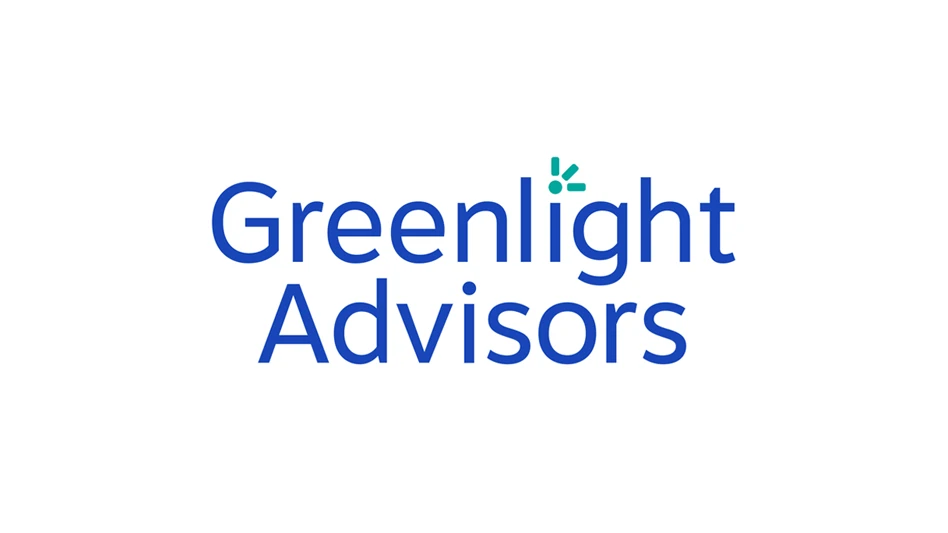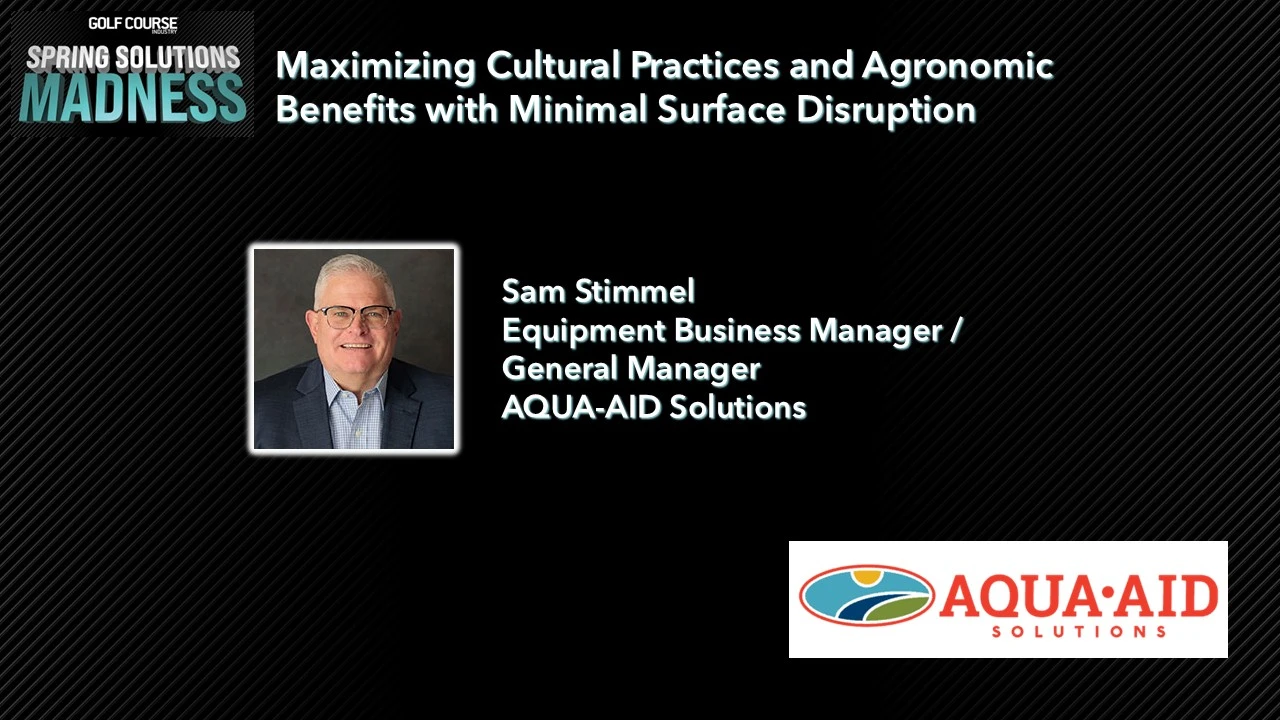
Economists are notorious for hedging their bets. On the one hand, things might get better. On the other, they might get worse. It was this proclivity for equivocation that reportedly led President Harry Truman to yearn for a one-handed economist.
But with record inflation, geopolitical turmoil leading to $5-a-gallon gasoline and impending interest rate hikes that would make borrowing money more expensive, economists are agreeing that a recession is on the horizon.
According to a recent poll by the Financial Times and the University of Chicago’s Booth School of Business, 70 percent of 49 economists polled said they thought we would hit the recession threshold in 2023. A recession is a significant decline in economic activity that is spread across the economy and lasts more than a few months, according to The National Bureau of Economic Research, which officially declares recessions.
While calling recession “certainly a very, very high-risk factor,” Goldman Sachs chairman Lloyd Blankfein hedged his comments recently by saying the Federal Reserve “has very powerful tools” and a recession is “not baked in the cake.”
Of course, whether the pessimism of many or the optimism of a few proves correct remains to be seen. How’s that for hedging? In either event, we should be prepared for the consequences of mounting costs and continuing thin labor supply.
Manage supply and demand to control costs
Oil and gas prices will remain high and volatile. The factors driving this circumstance— limited supply and surging demand — significantly influence the superintendent’s success. Those who manage the supply and demand imbalance will prosper. Watch for these steps that can improve your results:
- Monitor your storage capacity and do not hold heavy supplies during your offseason or low utilization periods. Purchase what you need and avoid temptation to speculate on price fluctuations.
- Begin switching to battery-powered equipment and hybrids where feasible. Electric blowers, trimmers and push mowers can now be cost-effective alternatives.
- Monitor futures prices and trends through professional oil and gas organizations, such as the International Association of Oil & Gas Producers (www.iogp.org) and the Independent Petroleum Association of America (www.ipaa.org).
Become an employer of choice to win talent war
Labor supply, which began dropping after the onset of the COVID-19 pandemic, is now growing. According to the June 2022 report from the Department of Labor, “The number of persons not in the labor force who currently want a job was little changed at 5.7 million in May,” above its February 2020 level of 5.0 million.
This means that superintendents are in position to begin restoring their bench strength. Three actions will be beneficial:
- Pay retention bonuses. Reward those who work for you and stay with you. Increase your retention bonuses each year to ensure that your retention rate is dependable.
- Maintain staffing levels in the event of a downturn. As demonstrated in the Great Recession and again in the Great Resignation, loyalty works both ways. Keep your team together and emphasize that people are a powerful weapon.
- Recognize your crew for team-leading performance. Recognition doesn’t have to be elaborate or expensive. Sincere gestures in front of teammates and management build enthusiasm and loyalty. When possible, involve workers’ families in staff celebrations; they are the people your crew is working for.
In tough times, planning becomes more important
More and more superintendents use an agronomic plan to control costs and forecast labor needs. Among the elements of your plan that need renewed focus in today’s economic climate:
- Fertility plans and schedules. Supply chain factors require that superintendents plan and schedule fertility programs to ensure timely applications and adequate concentrations.
- Capital investments in turf maintenance equipment. Economic uncertainty and supply chain irregularity threaten capital replacements. Plan ahead of budget and procurement cycles.
- Employee benefits. This is the year to increase and improve benefits for your team. In addition to retention bonuses, consider upgrading healthcare benefits.
Get curated news on YOUR industry.
Enter your email to receive our newsletters.

Explore the August 2022 Issue
Check out more from this issue and find your next story to read.
Latest from Golf Course Industry
- AQUA-AID Solutions bolsters Sunshine State presence
- Escalante Golf acquires secluded Illinois course
- Tartan Talks 105: Nathan Crace and Todd Quitno
- Disease Discussion 24: Let the turf talk to you
- From the publisher’s pen: Foggy intrigue
- USGA releases Water Conservation Playbook
- Vilamoura Golf courses awarded GEO Certified status
- GCSAA’s Health in Action 5K/2K reaches fundraising goal






